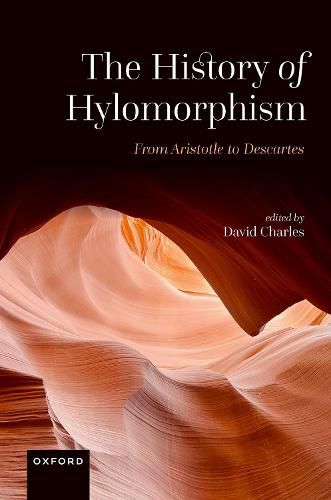Readings Newsletter
Become a Readings Member to make your shopping experience even easier.
Sign in or sign up for free!
You’re not far away from qualifying for FREE standard shipping within Australia
You’ve qualified for FREE standard shipping within Australia
The cart is loading…






Although Aristotle was not the first to understand objects in terms of their matter and their form, the account he developed has exercised a major influence on Western philosophy to this day. The History of Hylomorphism: From Aristotle to Descartes collects sixteen essays by experts that consider aspects of the first two thousand years of the history of hylomorphism, starting with Aristotle's immediate successors and ending with Descartes. It includes discussions of Hellenistic, Roman, Arabic, medieval, and early modern philosophers, examining the ways in which Aristotle's central ideas and concepts were progressively modified by these thinkers. Hylomorphism, as we understand it today, owes much to the way in which it was interpreted, and re-interpreted, during this period. Through a study of their work we can see how questions in contemporary metaphysics and philosophy of mind, such as Descartes's mind-body problem, came to be formulated.
$9.00 standard shipping within Australia
FREE standard shipping within Australia for orders over $100.00
Express & International shipping calculated at checkout
Although Aristotle was not the first to understand objects in terms of their matter and their form, the account he developed has exercised a major influence on Western philosophy to this day. The History of Hylomorphism: From Aristotle to Descartes collects sixteen essays by experts that consider aspects of the first two thousand years of the history of hylomorphism, starting with Aristotle's immediate successors and ending with Descartes. It includes discussions of Hellenistic, Roman, Arabic, medieval, and early modern philosophers, examining the ways in which Aristotle's central ideas and concepts were progressively modified by these thinkers. Hylomorphism, as we understand it today, owes much to the way in which it was interpreted, and re-interpreted, during this period. Through a study of their work we can see how questions in contemporary metaphysics and philosophy of mind, such as Descartes's mind-body problem, came to be formulated.